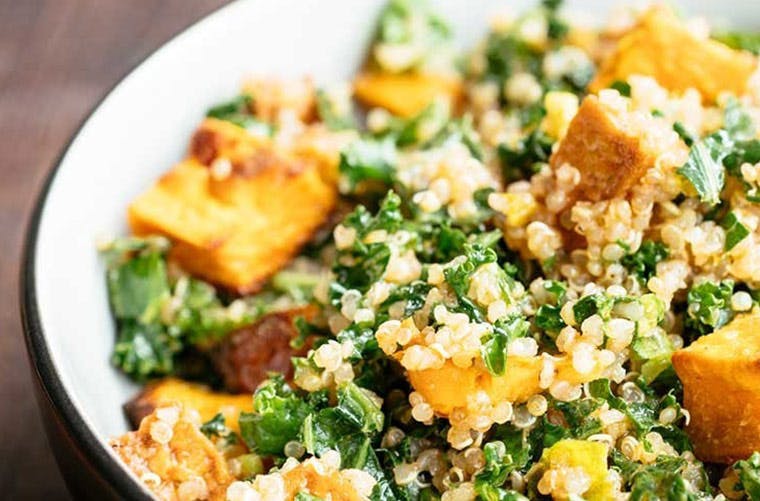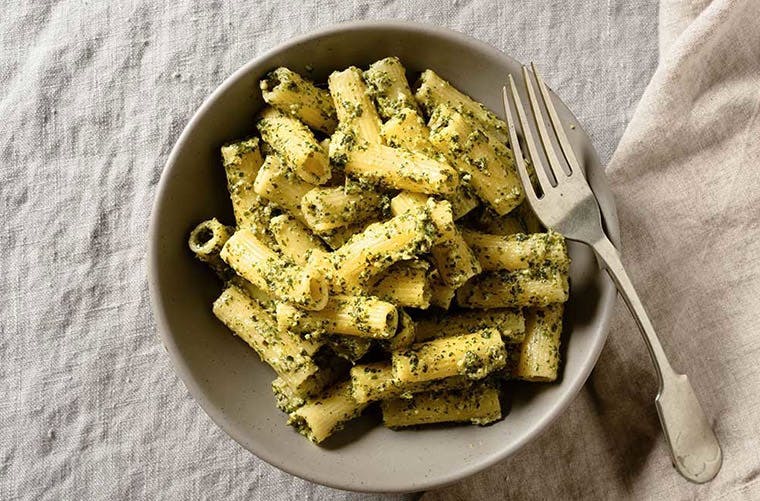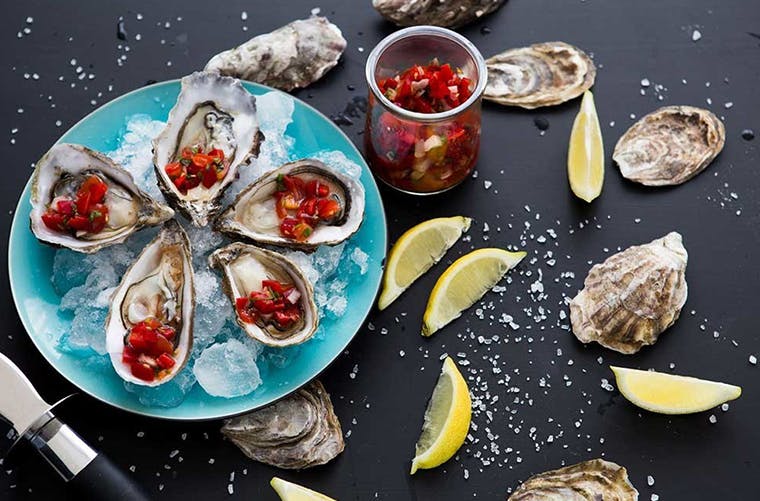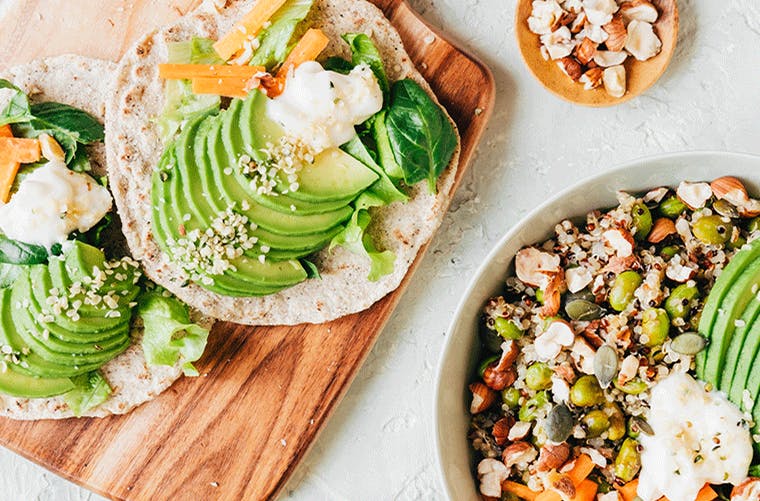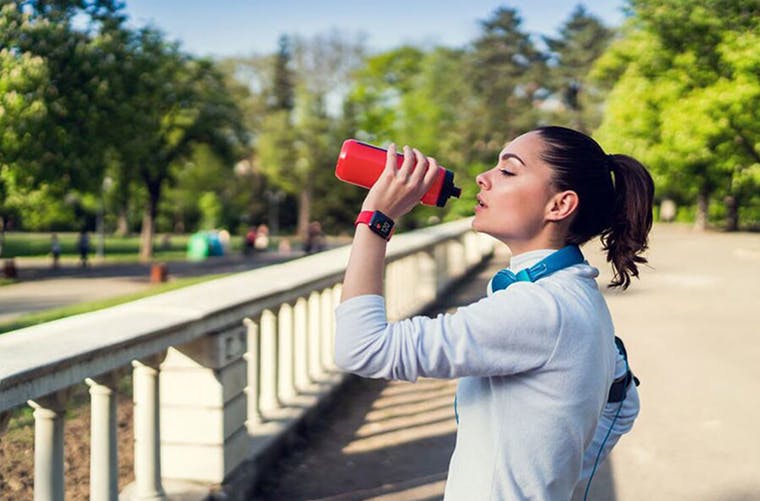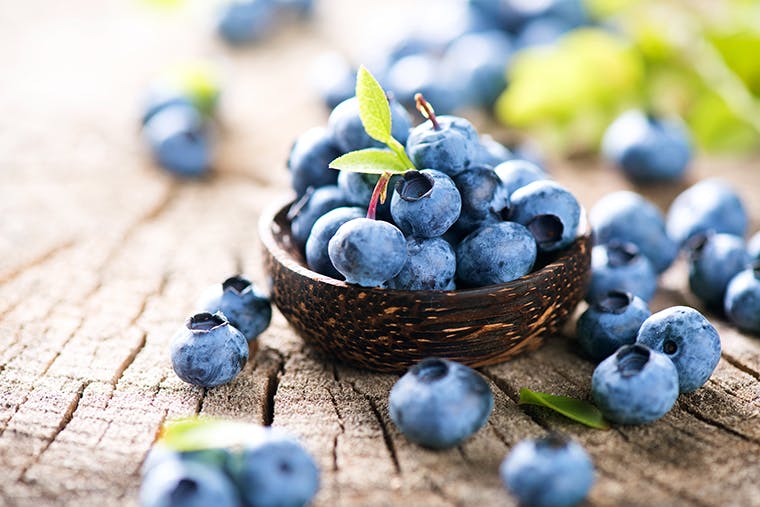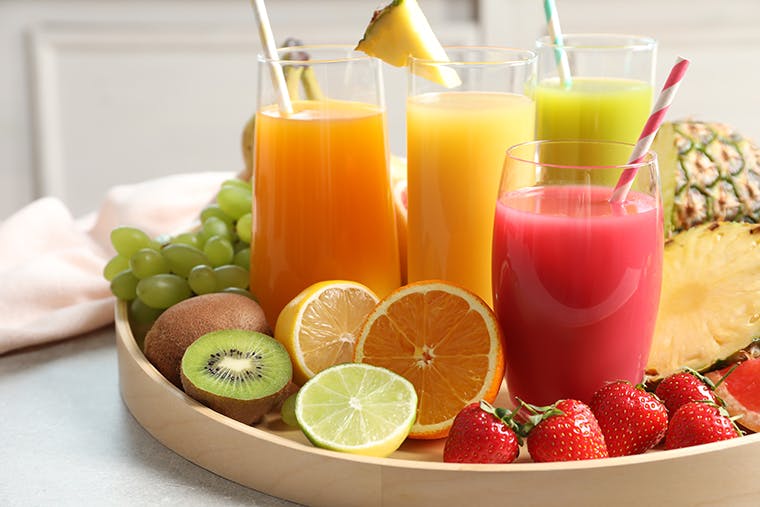What Foods Have Vitamin D?
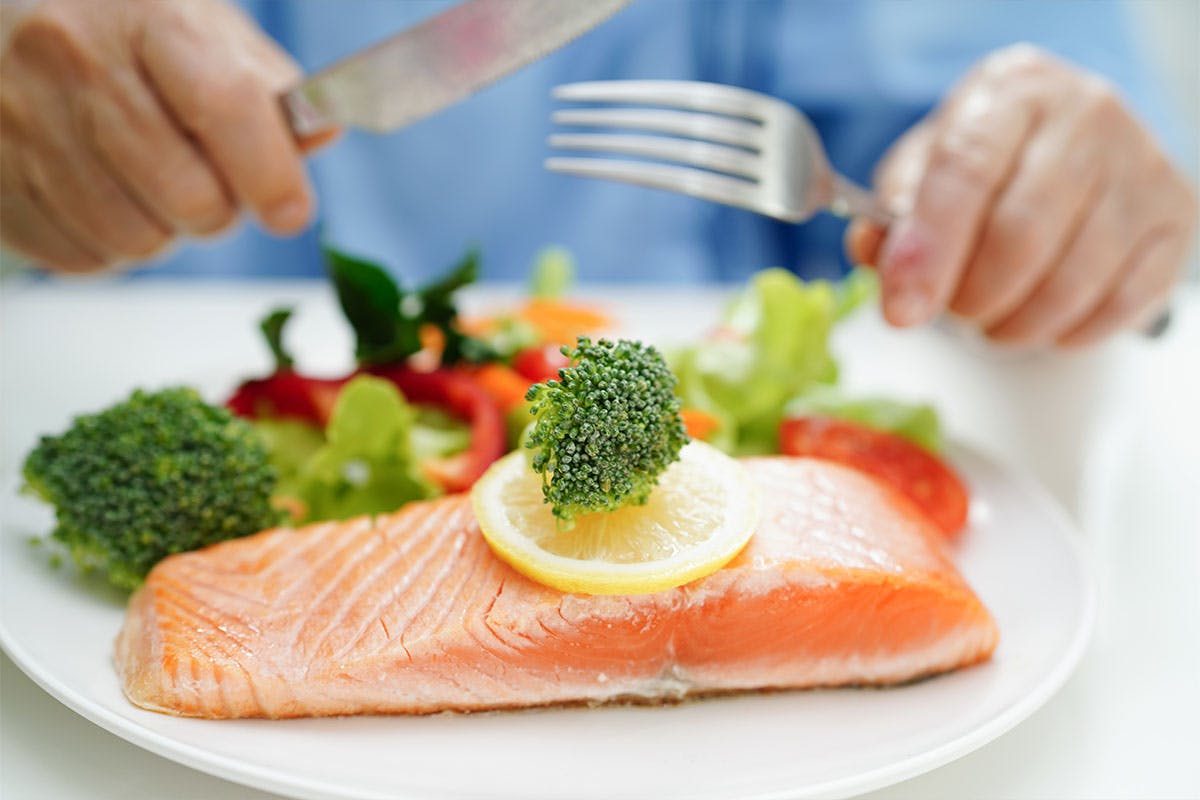
Key Takeaways
- Very few foods contain vitamin D. Some of the best sources of vitamin D come from salmon, trout, tuna or mackerel.1
- You can also get vitamin D from sun exposure or by taking supplements.1
- Look for supplements with vitamin D3 like Emergen-C Immune+.
There are many different types of vitamins out there. One of the vitamins you’ve probably heard of is vitamin D. You can get vitamin D from fatty fish like salmon or trout, but those aren’t the only sources of it.1 Learn more about vitamin D, sources of vitamin D and what foods have it.
What Is Vitamin D?
Vitamin D, or calciferol, has many uses in the body. One of its benefits is that it helps your body absorb calcium from the food that you eat.1 This helps keep your bones strong and healthy.1 It also makes sure that there is enough calcium and phosphate in your blood to prevent muscle cramps and spasms.1
What Does Vitamin D Do?
Vitamin D is also essential for bone growth and repair.1 Without enough vitamin D, your bones could become weak and brittle.1 Vitamin D and calcium are especially important for older adults as they help prevent osteoporosis.1
Aside from its benefits to bone health, vitamin D can also help reduce inflammation and support different body functions like cell growth, muscle function, immune response and blood sugar regulation.1
How Much Vitamin D Do You Need?
Since vitamin D is so important for your bones and bodily functions, you might be wondering how much vitamin D you need each day. Use this simple chart to help you determine how much vitamin D you need:2
| Age | Recommended Daily Amount of Vitamin D (International Units) |
|---|---|
| Up to 12 months | 400 IU |
| 1 to 70 years | 600 IU |
| Over 70 years | 800 IU |
Many adults struggle to get enough vitamin D.2 If you’re not sure if you’re getting enough vitamin D, talk to your doctor.2 Your doctor can run a blood test that will determine whether or not you’re getting enough vitamin D.2
Food Sources of Vitamin D
Not many foods naturally have vitamin D.1 Some food sources of vitamin D include:1
- Fish: The flesh of fatty fish, like salmon, trout, tuna or mackerel is the best source of vitamin D. Fish liver oils also are great sources of vitamin D.
- Egg yolks, cheese and beef liver: These foods contain small amounts of vitamin D, particularly vitamin D3.
- Mushrooms: Some mushrooms have vitamin D and may be treated with UV lights to increase their vitamin D levels.
- Chicken, turkey and pork: Some meats contain vitamin D.
- Fortified foods: Food fortification is when vitamins and minerals are added to foods to increase their nutritional value.3 Some fortified foods include breakfast cereals, orange juice and yogurt. Plant-based milk alternatives like soy milk, almond milk or oat milk are also sometimes fortified to contain vitamin D. Make sure you check the Nutrition Facts label to determine whether or not your food has added vitamin D.
Other Sources of Vitamin D
You can also get vitamin D from two other sources: sun exposure and supplements.1
Vitamin D from Sun Exposure
You can get vitamin D from sunlight.1 Some experts recommend getting about 5 to 30 minutes of sun exposure between 10 a.m. and 4 p.m. at least twice a week or daily.1 However, turning to the sun for your daily vitamin D isn’t always reliable. Factors like the time of day, length of sunlight and cloud cover can affect how much vitamin D you get.1 Also, sunscreens with an SPF of 8 or higher can block the UV rays that make vitamin D.1 Even though sunlight can be a good source of vitamin D, it’s also important to note that too much UV exposure can lead to skin cancer.1
Vitamin D from Supplements
Supplements are a great way to get enough vitamin D, as it’s difficult to get enough vitamin D from food or sunlight alone.1,2 Vitamin D supplements can come in two forms: vitamin D2 and vitamin D3.1 Both Vitamin D2 and D3 work similar ways in the body.1 Vitamin D2 and D3 increase the levels of vitamin D in your blood, but vitamin D3 keeps the levels higher for longer.1 Look for supplements with vitamin D3 like Emergen-C Immune+. Immune+ contains zinc and vitamin C for immune support‡* and vitamin D to help regulate your immune system.*~ You can enjoy Immune+ as a fizzy drink mix or as a gummy. Both the fizzy drink mix and gummies come in natural mouthwatering flavors like Super Orange, Raspberry, and Elderberry.
Taking the right vitamin supplements is a great way to support your overall health. Learn more about other common vitamins like vitamin C and vitamin B-12.
*These statements have not been evaluated by the Food and Drug Administration. These products are not intended to diagnose, treat, cure or prevent any disease.
‡Supports your immune health with Vitamin C and zinc.
~Fortifies your body with Vitamin D for immune support.*





